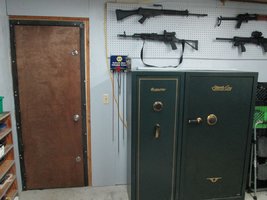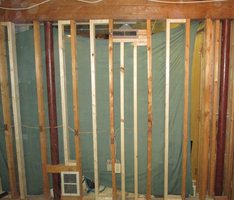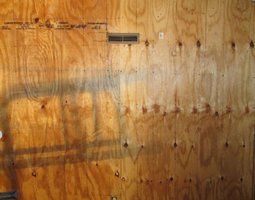I guess I'm a lot more forgetful than you, because I can easily imagine it happening, no emergency required.
Here's a scenario that has happened to me:
-I am at home, and I want to work on/clean one of my guns, or just feel like smelling the inside of my safe.
-I open my safe for whatever purpose. I proceed to bring a gun down to my workbench.
-My safe has an S&G spin dial, and it requires quite a bit of spinning to get it unlocked,
-I work on the gun, and put it back in the safe. I leave the safe unlocked while I watch some TV.
-One of my kids calls and says they need a ride home from school.
-Halfway to school, I realize I may not have spun the dial on my safe.
Nobody is home, there's no risk one of my kids will shoot themselves, but if a robber happened to break into my house during those 10 minutes, I'd be guilty of having unsecured firearms.
This has maybe happened once or twice.

![Puke [puke] [puke]](/xen/styles/default/xenforo/smilies.vb/023.gif)
![Thumbs Up [thumbsup] [thumbsup]](/xen/styles/default/xenforo/smilies.vb/044.gif)
![ROFL [rofl] [rofl]](/xen/styles/default/xenforo/smilies.vb/013.gif)



![Laugh [laugh] [laugh]](/xen/styles/default/xenforo/smilies.vb/012.gif)
![Wink [wink] [wink]](/xen/styles/default/xenforo/smilies.vb/002.gif)


![Roll Eyes [rolleyes] [rolleyes]](/xen/styles/default/xenforo/smilies.vb/042.gif)
